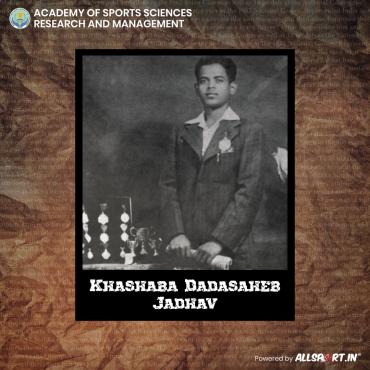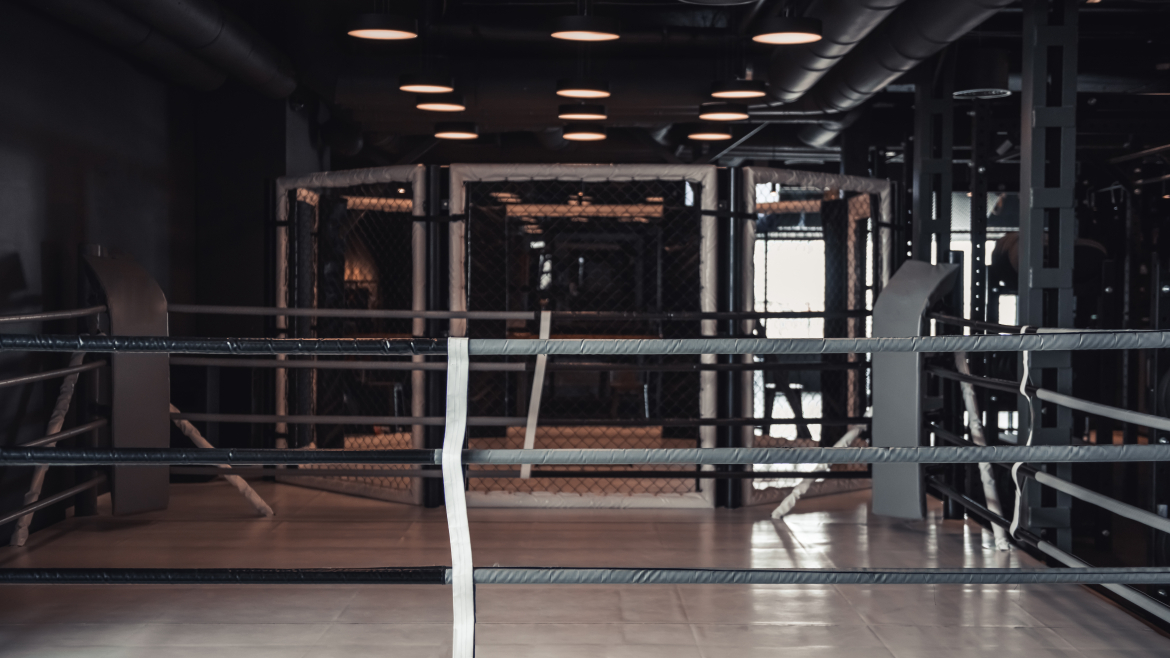Rise of a Hero
Jadhav was born in a family of wrestlers on 15th January 1926 in Satara, Maharashtra. His father was also a wrestler and introduced the sport to him at a very early age and no wonder, the qualities of wrestling came naturally to him. Despite having a non-sturdy build the rising wrestling champion hardly let anybody take him down.
In 1948 while studying at Kolhapur’s Raja Ram College, Jadhav approached his principal there and asked for permission to participate in the annual sports meet after his sports teacher rejected him judging him by his physique. When he was finally allowed to play, his game shocked everyone as he knocked down the bulkiest of the players.
At the Olympics
The 1948 London Olympics might not have offered him a medal, but he surely impressed the spectators when he defeated his opponents in minutes. He finished sixth and he only lost because he had never wrestled on a mat before, but the 1948 Olympics helped to set the tone for him as he became more determined to win a medal for his country. Though there were far bigger problems with the finances, there was no one to sponsor him for the 1952 Helsinki Olympic Games.
Jadhav approached then Morarji Desai, then chief minister of Bombay, for financial help but only received a cold snub but he was unwilling to give up. He wrote to the Maharaja of Patiala, Yadavindra Singh, then president of the Indian Olympic Association. Yadavindra Singh arranged a wrestling match with Niranjan Das, and when Jadhav defeated him, he was selected to participate in the 1952 Helsinki Olympics.
This meant his flight was to be paid for, still, he had to arrange money for his stay in Helsinki. Then, his college principal came forward, mortgaging his own house for Rs. 7000, his other professors also came forward to help.
It was all worth it when Jadhav shocked the audience at the Olympics knocking down many of his opponents with utmost ease. He lost to the Japanese wrestler Shaohachi Ishii in the sixth round. Here, Jadhav should’ve got a half-hour break before his next bout, but got none as there was no Indian official present there to speak on behalf of him. Exhausted, he lost to the Russian wrestler Rashid Mahammadbeyov. He won bronze at the age of 26 and India got its first individual Olympic medal.

Life after the Win
An injury kept Jadhav away from the 1956 Melbourne Olympics. He was 30 years old then. He had joined the Bombay police force a year before. He served at the force for 30 years, retiring in 1983 as an assistant commissioner of police in Maharashtra. He died a year later in a tragic road accident at the age of 58.
Throughout his life, he received no endorsements, No prizes. His wife had to sell her jewelry so they could build a post-retirement home, in the same town in which he was born, Satara.
The only award he ever received from the government was an Arjuna Award, also granted posthumously in 2001. To this day he is the only Olympian that never received any Padma award.

